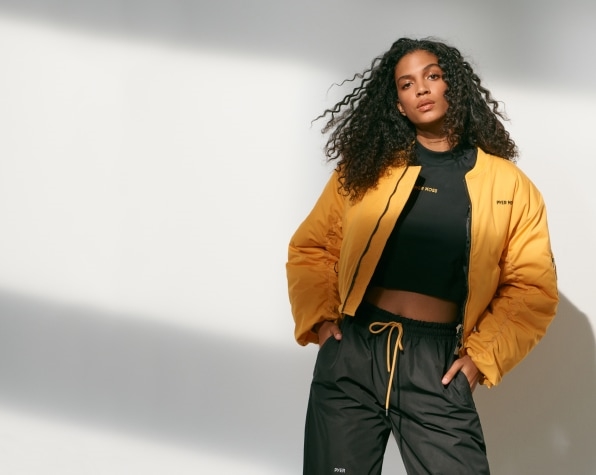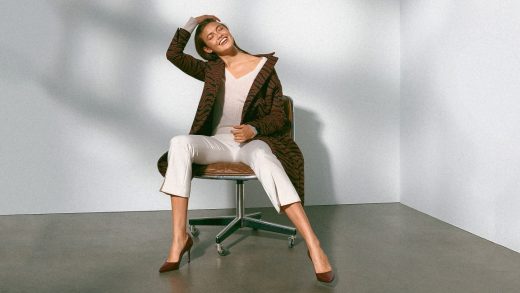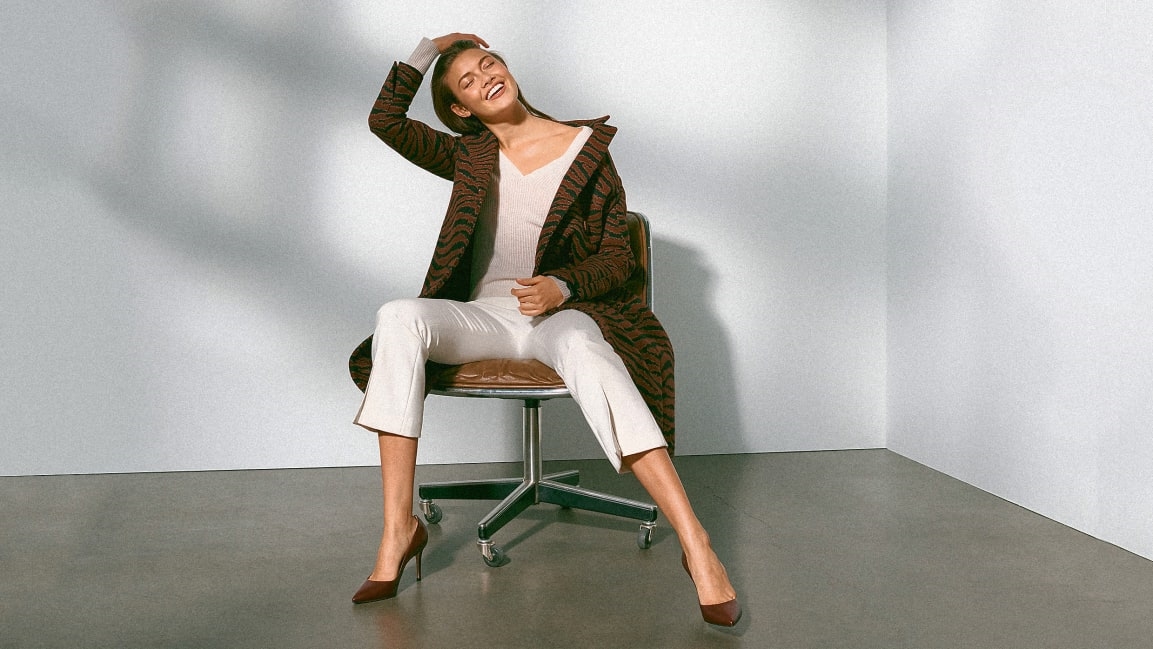Rent the Runway cuts unlimited subscription model because customers just weren’t that into it
If you could wear an unlimited number of outfits by top designers for $159 a month, would you do it? According to Rent the Runway, just 6% of its Unlimited Swaps subscribers rented 16 or more items each month.
That’s why today, the company announced that it’s sunsetting its Unlimited plan, which it first introduced five years ago. Customers will now have the option of ordering 4, 8, or 16 items a month, delivered in one to four shipments depending on the plan. The new plan will go into effect in early 2021, but for now the company is no longer accepting new Unlimited members.
According to founder and CEO Jenn Hyman, the company began working on this new membership structure 18 months ago, long before COVID-19 arrived. The Unlimited plan appealed to Rent the Runway’s early adopters, who tended to be fashion-forward, coastal millennials, but as the company broadened its membership base to include women of all ages across the country, it became clear that the majority largely wanted a handful of new looks each month. Hyman says the lockdowns have made consumers even less sensitive to fashion trends; apparel sales are at an all-time low and many retailers have declared bankruptcy. “This evolution in membership wasn’t precipitated by COVID, but the pandemic has made it more apt,” Hyman says.

Still, Hyman doesn’t believe that fashion is dying: After months of almost exclusively renting loungewear and activewear, Rent the Runway has started to see an uptick in customers renting bolder and trendier pieces. They’re picking tropical prints, tie-dye, and saturated hues from fashion-forward designers such as Rosie Assoulin and Ulla Johnson. There’s also been a 30% spike in formal wear, suggesting that some people are starting to attend weddings and parties. “What women are renting is an indicator of what women are doing in their lives,” Hyman says. “In many ways, Rent the Runway has become a bellwether of women’s psychology when it comes to dressing.”
The company’s new membership model is a direct response to that psychology and offers some insight into consumers’ evolving relationship with fashion. For decades, fast-fashion brands such as Forever21, H&M, and Zara have dominated the industry, offering cheap knock-offs of runway looks that customers could throw away after a few wears. This approach to manufacturing clothes is an environmental disaster and fills the planet with toxic chemicals and microplastics. Rent the Runway’s Unlimited plan offered an alternative by allowing customers to wear trendy looks without actually buying them, which some sustainability experts say is more sustainable, since each garment gets more use before the end of its life cycle. (Although shipping and laundering these garments do create their own environmental footprint.)
Over the last five years, fast-fashion brands have been struggling, suggesting that their business proposition is less compelling, possibly because consumers are concerned about their environmental impact. Last year, Forever21 declared bankruptcy while H&M has seen declining profits and plans to shutter 160 stores. Hyman says that 70% of Unlimited subscribers rented fewer than eight items a month, supporting the idea that consumers aren’t interested in constantly wearing the latest trends. Under the new system, these members will save money, since it will cost $135 to rent eight monthly items. “The vast majority of our subscribers will pay less with the new system,” says Hyman.
Correction: A previous version of this article misstated the price of the Unlimited Swaps plan and misspelled the name of Rent the Runway’s founder.
(33)



